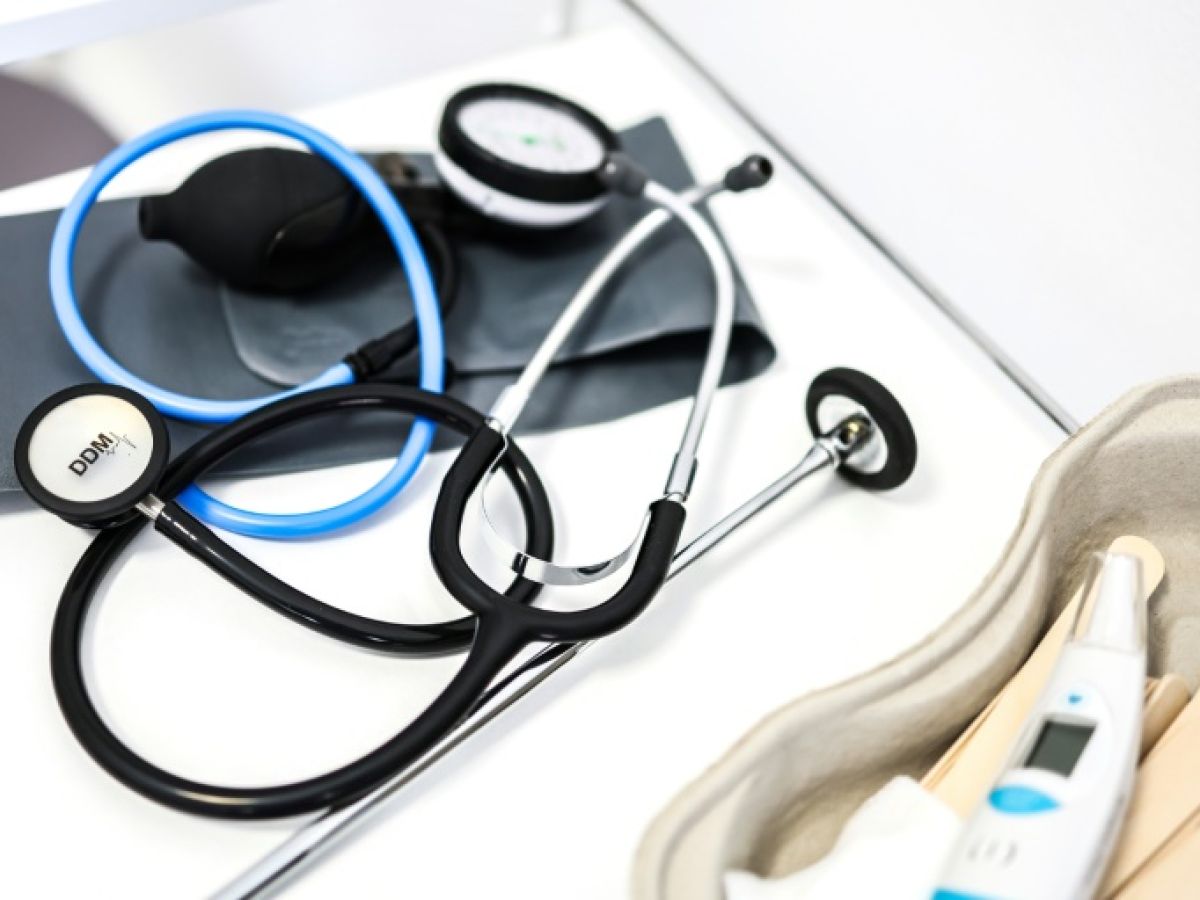"We trust them, they have experience," they whisper in the waiting room when a practitioner with the air of a good-natured grandfather comes to collect his patient: doctors, brought out of retirement, are returning to a Parisian medical center.
"Young doctors are very aware of the latest advances, but experienced doctors can quickly identify what's wrong with seemingly innocuous clinical signs," says Fadhela, a Parisian. Like the other patients interviewed by AFP, she doesn't reveal any more details about her identity.
Sylvie, who came from Val-de-Marne, in the Paris region, is delighted to consult an "experienced professor specializing in diabetes, who must therefore know what he is talking about."
When looking for an ENT specialist, the Doctolib platform didn't offer Fadhela a "doctor before March 2026." "I got my appointment in a week," she smiles.
Rayan, from Paris, expressed the same double satisfaction: "On Doctolib, the appointments were too, too far away for an ENT specialist," "we trust them, they have experience."
At the Odon-Vallet Medical Center, in the 13th arrondissement of Paris, there are specialists, but also general practitioners. They're understandably in demand to become primary care physicians at a time when it's difficult to find one. "It's nice to be asked!" says Max Budowski, who will be 72 in two months, a physician, doctor of science, and professor emeritus at the University of Paris VII.
– One day a week –
Marc Espié, 73, an oncologist, also joined the ranks to "try to compensate for a medical deficiency which is unfortunately widespread, including in the capital."
When he retired at 70, Max Budowski donated all his equipment to charities. But, as a premonitory sign of his return home, he received among his parting gifts... a brand new stethoscope. One day, a friend from the profession said to him, "Max, we're creating a health center; they're all former teachers like you."
It takes him "three weeks to respond." "Do I need it financially? No, my generation has a decent pension. Do I want to see more patients? Yes." He works one day a week—that's between half a day and two days for the center's twenty or so current practitioners—and what he receives is "a supplement" for his "grandchildren."
He says he is delighted "with these conditions, pleasant premises, with equipment, secretaries." His center opened this month, in brand new premises, decorated in bright blue and yellow.
– Emulation –
"We started in January (at a previous Parisian location) and we did about 70 consultations in the first month," recalls Jérémy Renard, one of the center's co-founders. "Last month, we did 500 consultations." "The goal is to reach 20,000 consultations per year, or even 25,000 if all goes well, which means about 1,500 to 2,000 consultations per month." With around a hundred doctors in his database, this manager is aiming for fifty practitioners in the center by September.
Coming "from the world of entrepreneurship and start-ups," Jérémy Renard became friends, through a mutual relative, with Professor Yvon Calmus, "forced to retire as the medical desert grows." This is how this project was born, with Professor Calmus now serving as honorary president.
For the initial budget of one million euros, "we approached the public authorities: we received funding from the Regional Health Agency, the Paris City Hall, the Ile-de-France region, and the Vallet Foundation." This institution provides scholarships based on merit and social criteria.
The Parisian center is attracting imitators. "We've had requests from provincial cities, such as Grenoble, Lille, and Strasbourg, to create other health centers based on the same model," concludes Jérémy Renard.

